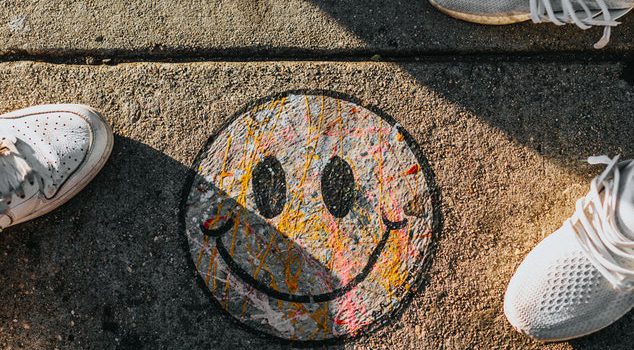IBD And Mental Health: Some Needed Coping Skills

In his book “The Art of Loving” social philosopher Erich Fromm says that the only way to overcome loneliness and isolation is to form a genuine connection with another person, one which is based on openly sharing our deepest emotional truths with each other.
We’ve noticed that loneliness and isolation are huge themes in the IBD community, as is depression. This is probably true for many chronic illnesses but IBDs are surrounded by a specific aura of shame which stops people from boldly talking about their experiences and the thoughts and feeling they give rise to.
FindMeCure has always stressed the importance of mental health, so we decided to look into the intersection between mental health and IBDs and give you some practical tips on how to maintain your close relationships while undergoing treatment.
First thing first, you’re not alone in it. As Sara Ringer says in “Let’s Talk About The Though Stuff” if your mental health wasn’t suffering due to your chronic illness, now that would be strange.
An IBD is a lot to go through. While yes, some people have it, all things considered, easy-ish, some of you living with an IBD have been hospitalized on multiple occasions, had more than one surgery, lost a lot of weight and blood and have been isolated from loved ones for a number of reasons.
No wonder depression and anxiety are higher in people with IBD compared to the general population. It actually forms a vicious circle – mental health issues affect the way patients think of their disease which in turn worsens outcome, which leads to even worse depression.
So what can be done to counteract these tendencies? Depending on the type of person you are and the kinds of things you’re interested in, cognitive behavioral therapy, art therapy or even general talk therapy can all do wonderful things for your mental health. But there’s more you can do for yourself right now. You can…
Talk to other patients. Sharing your pain with people who can really understand and relate to what you’re going through can be a huge source of support and it can even be a substitute for the social interactions you need when your time is limited by hospital stays. Find an online community of people living with IBD and create new friendships over your touchscreen.
Psychology states that connecting over our innermost feelings we have in common, rather than focusing on shared interests or perspectives, forms a strong bond of intimacy in its wider meaning.
And if you need solid data to back up the significance of reaching out to other patients, an online survey on the way IBD communities affect patients shows that being a part of such a community has the potential to alter your understanding of IBD and the way you frame your condition. But why stop there?
Become a counselor to people in your situation. Psychologist Victor Frankel is convinced that assigning meaning to our hardships makes them more bearable and help us have a generally more positive outlook on life.
You are in a unique position to share your raw personal experience and insight with people who are just beginning this journey and by doing so, to give encouragement and strength to someone in a vulnerable position.
Mentoring other patients can help you sort out your own inner wisdom and put into words that which had been only intuitive knowledge.
See a counselor. There are mental health professionals trained to treat specifically people with chronic illnesses. Maybe that’s not an option available to everybody – there are countries where mental health care is not as advanced as we’d like. But if you think that might be an option for you, it’s worth asking your primary physician or even your IBD community. Someone might be able to recommend a good counselor, maybe even one specifically working with IBD patients.
Technology is on your side. Thankfully, we live in a world where we have almost unlimited online resources.
There is a rising number of apps which address IBDs and offer support to patients. From Bathroom Scout, which lets you know where the nearest bathroom is, and the Colonoscopy Prep Assistant app to apps that monitor bowel movements, weight, pain and other symptoms, technology has come through and you’re not fighting this battle alone.
Monitoring your symptoms and diet can put your mind at ease while connecting with other patients over social networks created for people with IBD like My Crohn’s and Colitis Team can help you see you have a whole community of people rooting for you and ready to offer support.
Medication is an option. You don’t have to take any medication to manage your anxiety or depression if you don’t feel like you need it. However, there is no shame in taking medication if it feels like life without it is unbearable during flare-ups.
In fact, in some cases medication prescribed to manage anxiety is believed to alleviate IBD symptoms as flare-ups can sometimes be triggered by intense emotional distress.
Reach out. It’s tempting to lash out at your loved ones when you live in a constant state of fear and anxiety – “will this new medication work”, “will I have to go through surgery”, “how long will I have to stay in the hospital”… it’s exhausting and disheartening.
But the people we love can be an anchor of normalcy in our lives if we let them. Yes, it’s easier to be grumpy and yell at them – how can they possibly understand how you feel? But if you take the risk and let them in, be truly open and vulnerable, you might be surprised at the amount of kindness, patience and support you receive.
Give people a chance to love you in your mess. It’s one of the hardest things we can do, but also the bravest.


Your post is very helpfful and awseome .